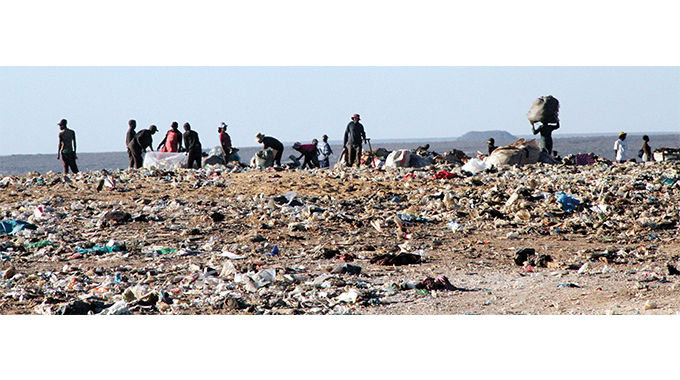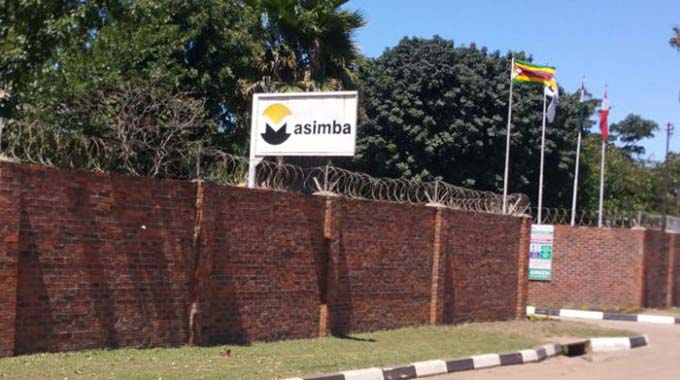Ariston upbeat of bump in export earnings
Although listed agriculture concern Ariston is upbeat of a bump in export earnings due to anticipated improved quality, the group is also watchful of the obtaining economic challenges coupled with natural phenomena.
The group has admitted bad weather may dent prospects of good quality crops.
This comes as the country and the rest of the region are more prone to natural disasters due to heightened impacts of climate change.
In 2019, Zimbabwe, together with Mozambique and Malawi experienced tropical Cyclone Idai, which damaged crops and infrastructure causing supply chain disruptions.
Several agriculture businesses in the Manicaland area were hardest hit as roads, communications and power lines were cut off while crops were damaged.
Ariston owns Southdown Estate which comprises three estates in the Chipinge and Chimanimani areas of Zimbabwe with 1,200 hectares of tea, 450 hectares of macadamia nuts, 60 hectares of bananas and 12 hectares of avocados.
This division is also involved in the packaging of tea for the domestic market. Infrastructural development includes tea factories, a macadamia drying facility, schools, clinics and workers’ housing.
Despite these and other businesses, the group has expressed concerns over “harsh weather conditions which may result in reduced volume and quality of yields.”
The group also cited inflationary pressures as one of its threats which may result in reduced disposable income which results in less demand for the group’s products.
However, the annual rate of inflation slowed for the fifth consecutive month to 229,8 percent in January 2023 from 243,8 percent in December 2022 and the Government is upbeat of maintaining this downward trajectory on the back of tight monetary policies.
Month-on-month inflation rate in January 2023 was 1,1 percent, shedding 1,3 percentage points on the December 2022 rate of 2,4 percent according to official figures from ZimStat.
Ariston also cited global lockdowns in response to the Covod-19 pandemic resulting in suppressed demand for products and may result in lower selling prices while pressure on the group’s margins as input costs soar due to other external factors such as the effects of the war between Russia and Ukraine.
Apart from these challenges, businesses across sectors have bemoaned the inconsistent Government policies as a threat to their viability.
This adds to businesses’ woes as they already battle foreign currency shortages which lead to exchange rate volatility.
Commenting on this, Ariston noted: “Foreign currency shortages (arising from Government policies of retention of export proceeds) which could lead to inability to source and receive adequate harvesting equipment or spares for repairs as well as crop inputs such as fertilisers and chemicals, thus resulting in decline in yields and quality of produce.”
Despite the challenges, the group is also placed in a better position on the back of its large asset base, farm’s strategic location in prime agriculture areas in addition to years of experience in the industry.
“Ariston has been in operation for over 7 decades which has allowed the group to have well established relations with stakeholders such as customers, thus ensuring brand loyalty,” said the group in their 2022 annual report.
The group also pins its hopes on vast opportunities for expansion especially the poultry division as well as capital investments towards enhancing capacity.
Additionally the installation of solar plants for use by the group will reduce the costs attached to the incessant power outages experienced in the country and the added advantage of using more stable and cleaner renewable energy in relation to equipment.-ebusinessweekly










